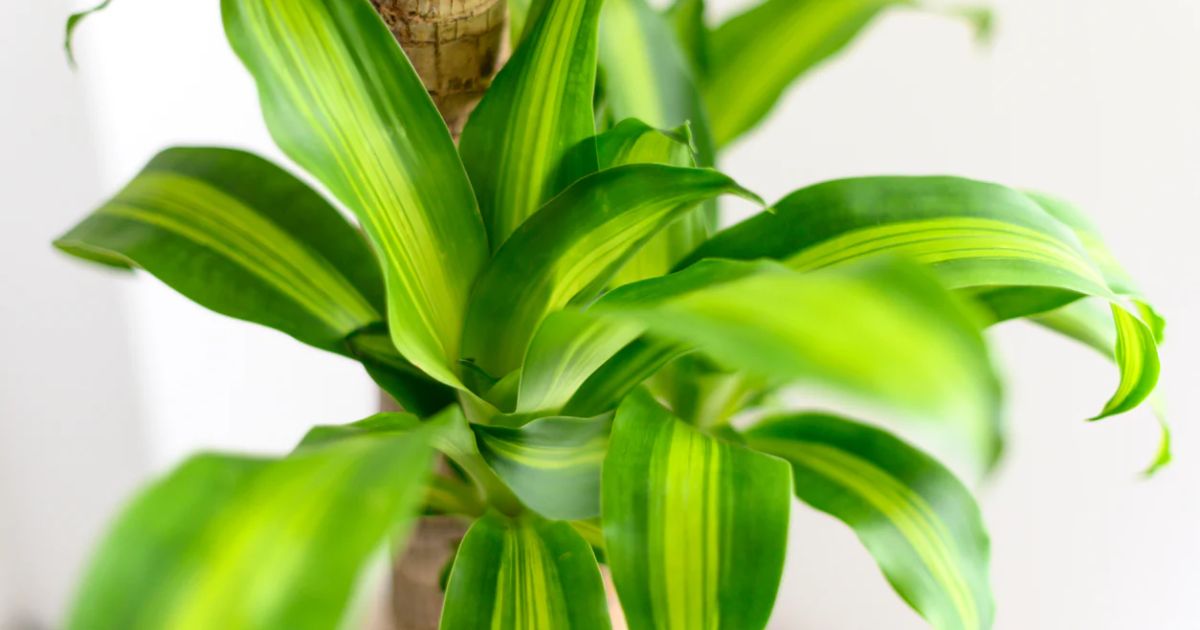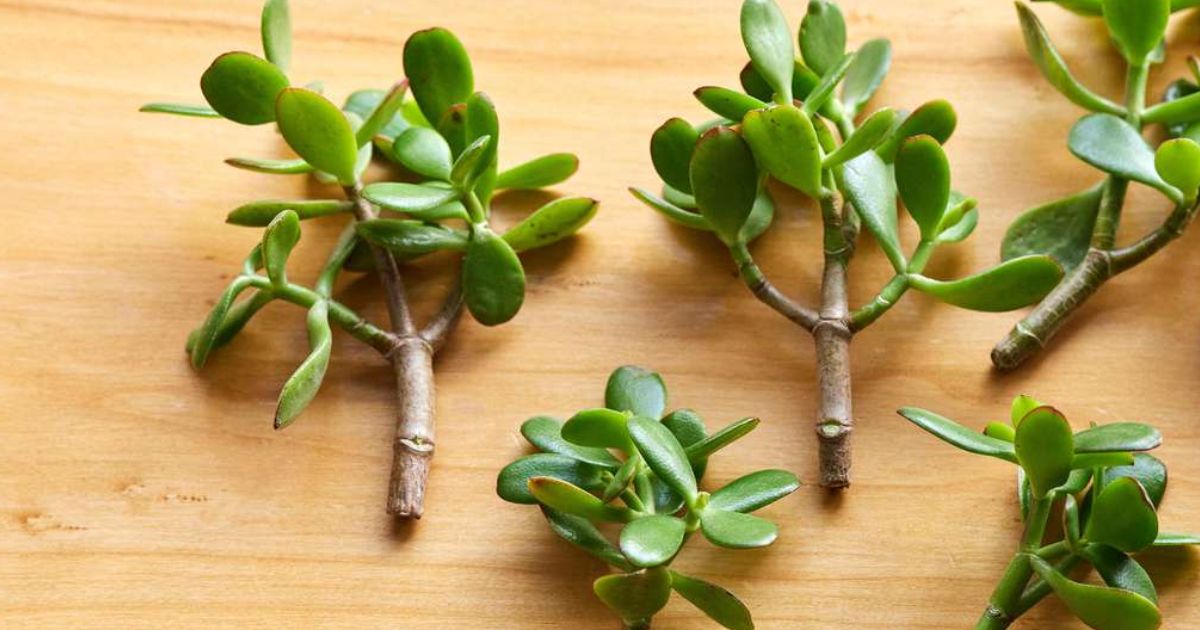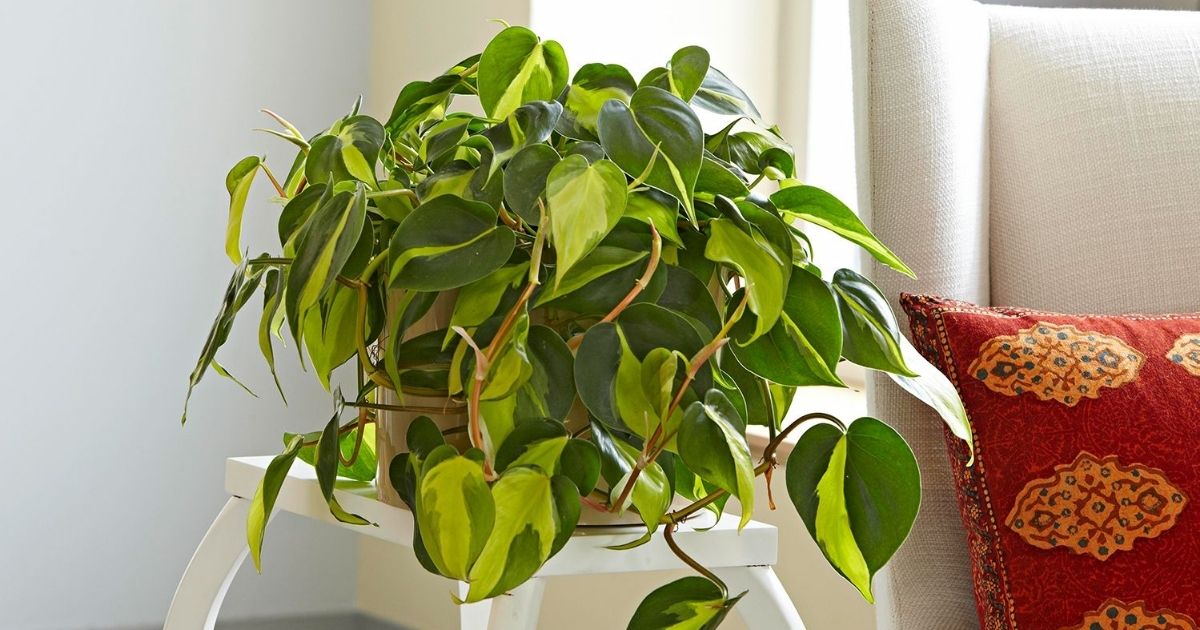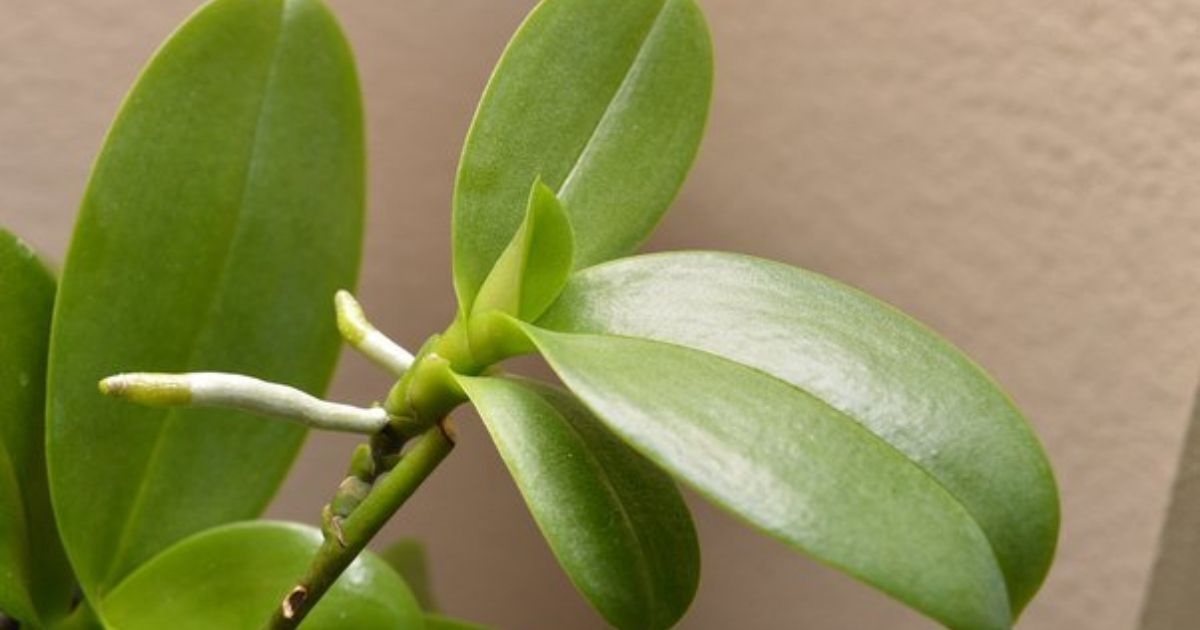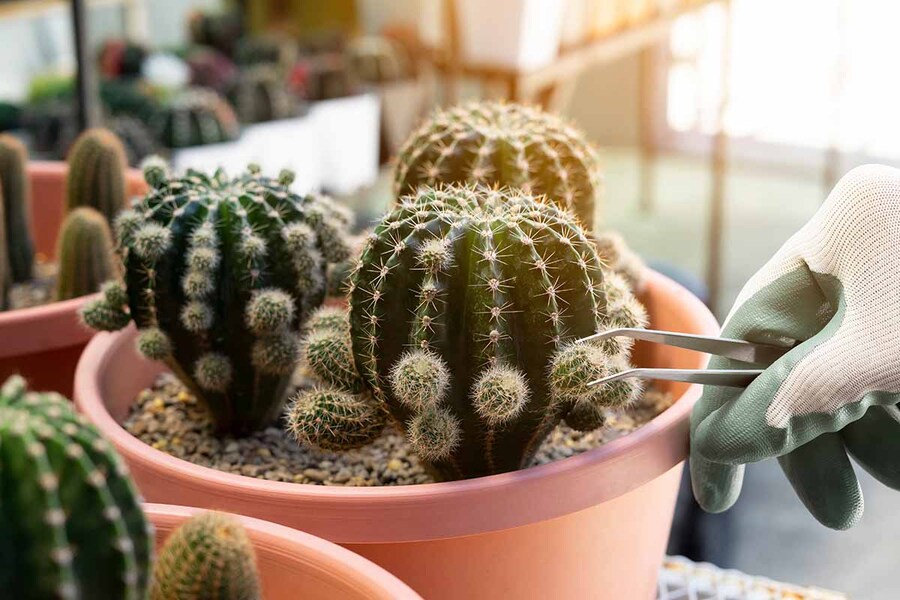COPPER DEFICIENCY IN HYDROPONICS
COPPER DEFICIENCY IN HYDROPONICS
Copper deficiency is a common problem in hydroponically grown plants that can lead to stunted growth and reduced yields. Copper is an essential micronutrient that plays a key role in plant growth and development, and without adequate levels of copper, plants can struggle to thrive. Here's a closer look at copper deficiency in hydroponic systems and what you can do to prevent and treat it.
WHAT IS COPPER DEFICIENCY AND WHAT CAUSES IT?
Copper deficiency is a condition that occurs when plants are not getting enough of the micronutrient copper, which is essential for proper growth and development. Copper is involved in a number of important physiological processes in plants, including photosynthesis, enzyme activity, and hormone synthesis. Without sufficient levels of copper, plants can suffer from stunted growth, reduced yields, and a range of other problems.
There are a number of factors that can contribute to copper deficiency in hydroponic systems. One of the most common causes is the use of distilled water or water with a low mineral content, which can leach copper from the soil or other growing media. Other factors that can contribute to copper deficiency include high pH levels, high levels of organic matter, and the use of fertilizers that are high in other micronutrients like zinc or iron.
SYMPTOMS OF COPPER DEFICIENCY IN HYDROPONIC SYSTEMS
Copper deficiency can manifest in a number of different ways, depending on the severity of the deficiency and the type of plant affected. Some common symptoms of copper deficiency in hydroponic systems include:
Stunted growth: Copper plays a key role in plant growth and development, and without adequate levels of copper, plants can struggle to reach their full potential. Copper deficiency can lead to stunted growth, with plants failing to reach their normal size or shape.
Yellowing leaves: Copper is involved in the synthesis of chlorophyll, which is responsible for the green color of leaves. When plants are deficient in copper, their leaves may turn yellow or light green, as the chlorophyll production is disrupted.
Leaf distortion: Copper deficiency can cause leaves to become twisted or curled, or to develop abnormal shapes or sizes.
Reduced yields: Copper deficiency can lead to reduced yields in plants, as the deficiency interferes with the plant's ability to produce fruit or flowers.
PREVENTING AND TREATING COPPER DEFICIENCY IN HYDROPONIC SYSTEMS
The best way to prevent copper deficiency in your hydroponic system is to ensure that your plants are getting an adequate supply of the micronutrient. This can be achieved by using a balanced hydroponic nutrient solution that contains the right balance of all essential micronutrients, including copper. If you are using distilled water or water with a low mineral content, consider using a water conditioner or adding a mineral supplement to boost the copper levels.
If your plants are already showing symptoms of copper deficiency, there are a few steps you can take to treat the condition and restore healthy growth. One option is to use a copper-based fertilization product, such as a copper sulfate solution, to supplement the plants' copper intake. Alternatively, you can try using a foliar spray of a chelated copper product, which can be absorbed directly through the leaves.
It's important to be careful when applying copper-based products, as it's possible to overdose plants with copper, leading to toxic levels of the micronutrient. Always follow the manufacturer's instructions when using these products and pay close attention to the recommended dosage.
In summary, copper deficiency is a common problem in hydroponic systems that can lead to stunted growth and reduced yields. To prevent copper deficiency, use a balanced hydroponic nutrient solution and consider using a water conditioner or mineral supplement to boost the copper levels in your system. If your plants are already showing symptoms of copper deficiency, you can try using a copper-based fertilization product or a foliar spray of a chelated copper product to restore healthy growth. Be sure to follow the manufacturer's instructions and pay close attention to the recommended dosage to avoid overdosing your plants with copper.
If you're in Melbourne, Australia, be sure to check out Benchmark Hydroponics for a wide selection of hydroponic nutrients and micronutrient supplements to help keep your plants healthy and thriving.
